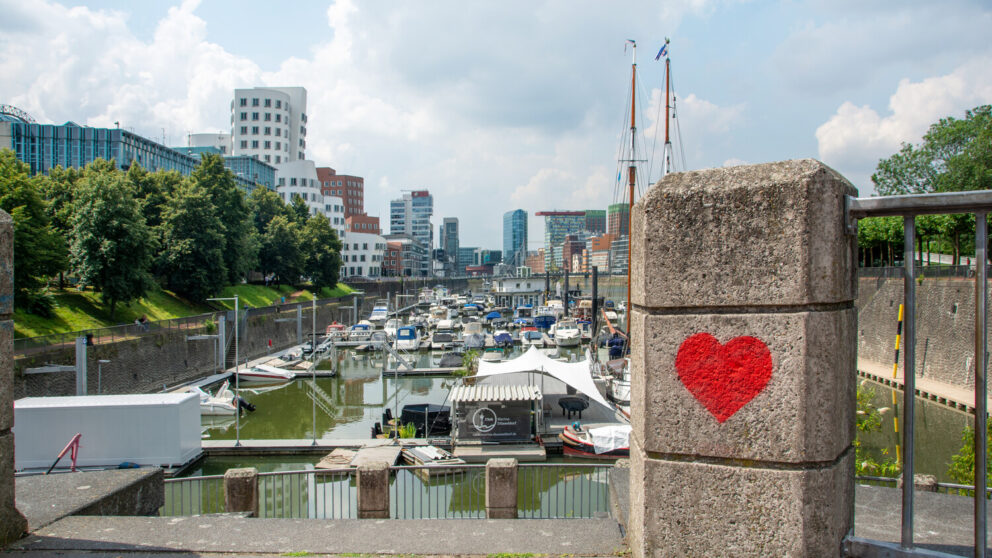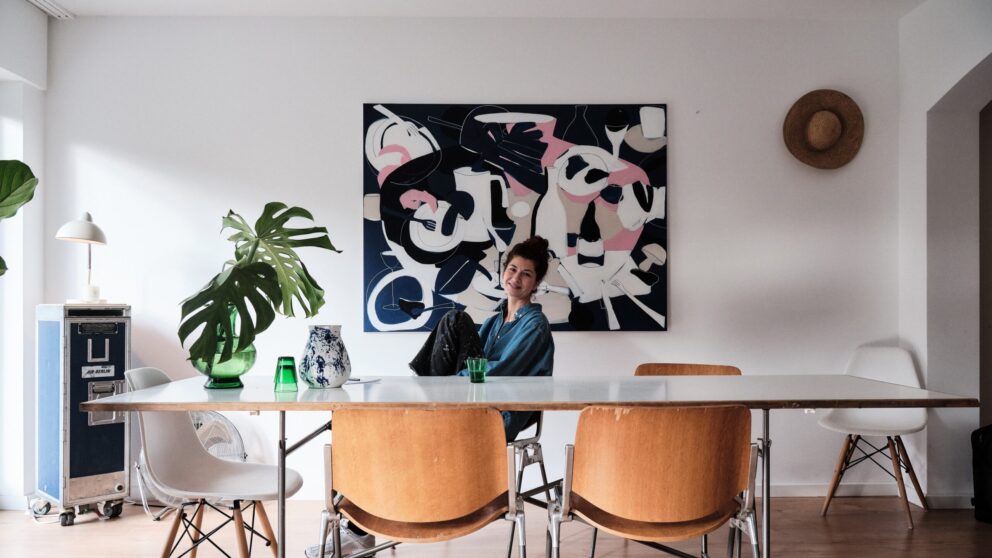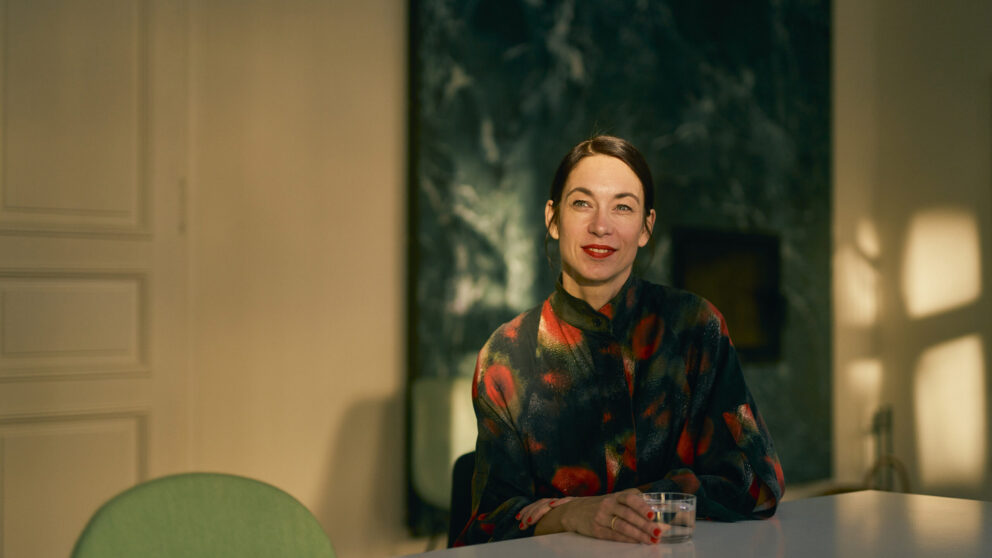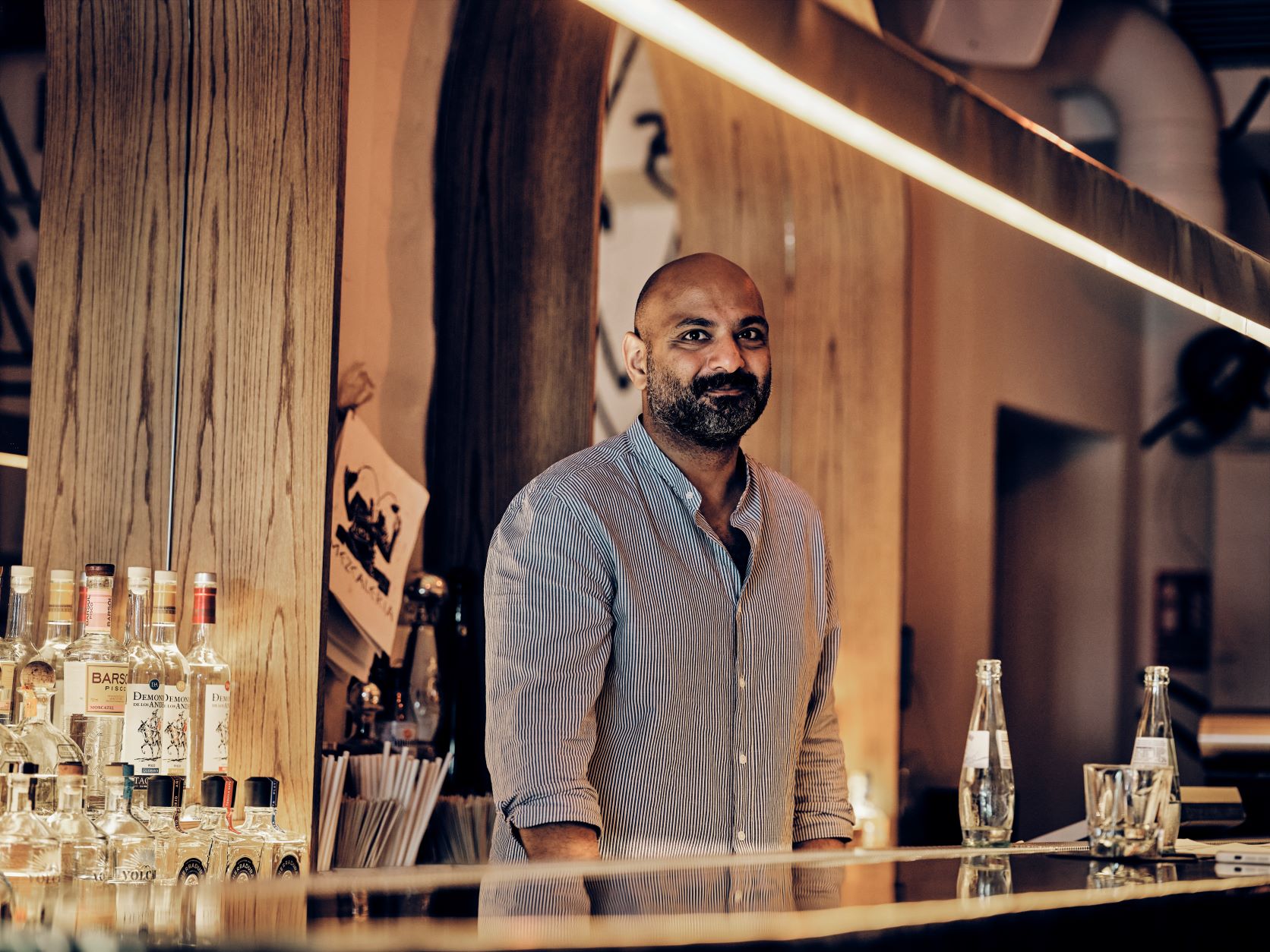
“Bars and restaurants are the soul of a city”
“Bars and restaurants are the soul of a city”
Few people have shaped Düsseldorf’s bar culture as much in recent years as Walid El Sheikh, and he’s not about to run out of ideas any time soon. He opened his fifth venture – Paradise Now – in the Media Harbour in 2021, and number six in June 2022. The concept behind this latest establishment, called Mezcaleria Rojo, revolves exclusively around tequila, mezcal and pisco. We met up with the maverick entrepreneur in his small but perfectly styled new venue on Hunsrückenstrasse, where the Mexican theme has been meticulously applied down to the last detail. With El Sheikh’s seventh project just about to launch, he gives us a comprehensive insight into his own interpretation of bar culture in an interview. He also reveals a few of his favourite Düsseldorf locations and discusses his latest scheme, the Fett wine bar, which opened right next to the Mezcaleria at the end of September.
Walid, what makes a good bar?
First and foremost, it needs a strong vision. In the end, it always comes down to a combination of the drinks on offer and the atmosphere. This combination must be new and surprising, because it determines the character of a bar, its soul, if you like. As someone who lives and breathes hospitality, if I’m only looking to my right and my left for new ideas, I will end up with a clone. There is a very appropriate saying that goes something along the lines of, “Some people see things as they are and ask ‘Why?’ Others dream of things that were never there and ask ‘Why not?!’
What do you understand by bar culture?
Well, bar culture has evolved a lot over the last ten years. Guests know better than ever what they are looking for. To me, bars – along with cafés and restaurants – shape the identity of a place. Locals are able to mingle with people who’ve come from elsewhere. That has great social and cultural implications. An authentic bar and restaurant scene that evolves organically is the soul of a city. Places that don’t have that, which have simply been created on a drawing board, feel so clinical to me. I can’t bear to spend much time in them.
Does Düsseldorf have its own bar culture?
Yes, it certainly does! And it was created by a number of very talented people. Some of them learned their trade together, and they continue to pick each other’s brains. Nic Shanker, for example, who is already very well known. But I’m also thinking of David Rippen from the Square Bar and Marvin Meese from 20° Restobar. And Robert Potthoff, of course. I first met him twenty years ago in the Malkasten Bar. Today he runs the Ellington Bar and is right at the heart of bar culture in Düsseldorf.
What is the essence of a good cocktail?
It depends on what you like. Cocktails are complex, multi-dimensional things – that’s the attraction. Take that combination of sweetness and acidity, for example, which forms the basis of any sour. My favourite cocktail is the New York Sour, which is given depth and dimension by a dash of Bordeaux. There is a dreamlike aspect to drinking cocktails; you’re drifting off into a world of new taste experiences as you begin to appreciate scents, colours and temperatures. If a mixed drink is able to create a space that gives free rein to such dreams then that’s what I’d call a good cocktail.
Do you ever visit hotel bars? Is there one you’d recommend?
I do every now and then when I’m travelling, if I know that there’s a skilled bartender at work. In Düsseldorf, I like to go to the bar at the Breidenbacher Hof. It is very authentic and complements the rest of the hotel quite superbly.
What role do bars play in Düsseldorf’s nightlife – are they taking over from clubs?
I’d like to think my establishments have played their part in changing the nightlife and club culture in Düsseldorf. We’re offering more than you’d get in a traditional bar and are more broadly positioned than a club. That means we are able to satisfy a range of different needs and desires.
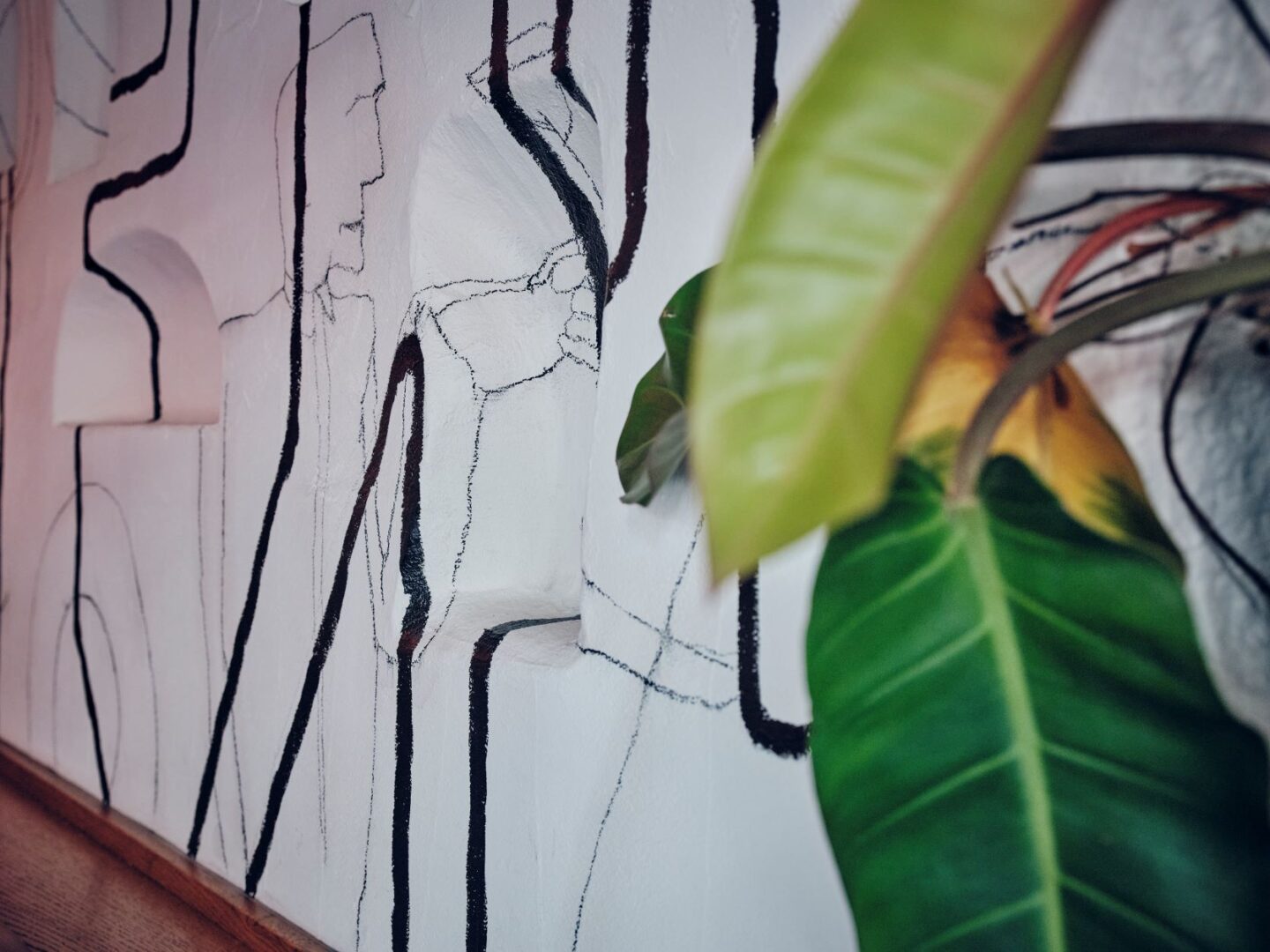

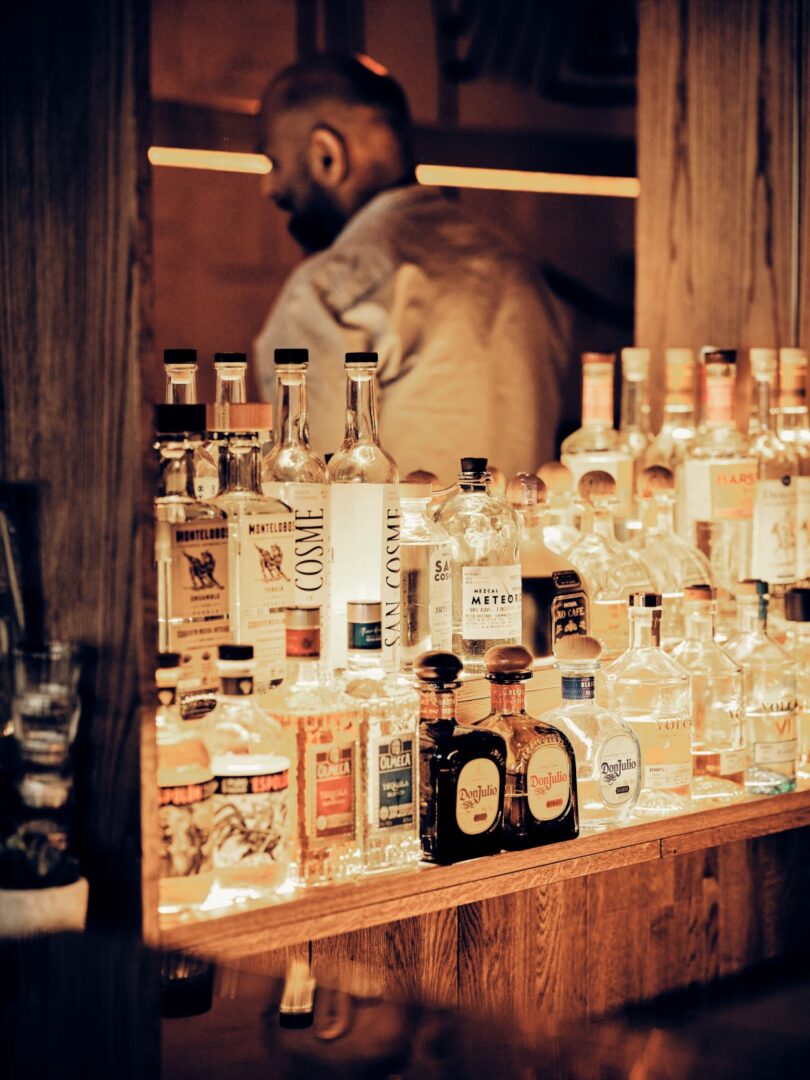
Your latest project, the Mezcaleria Rojo, is pretty compact. What size is the ideal bar?
There is no ideal size for a bar! You always start with just a vision, a concept. And that concept dictates the size.
What was your motivation for this project?
I had the initial idea two years ago, when the previous proprietor decided to give up his pub on Hunsrückenstrasse. It was right next door to the Boston Bar, another one of my creations, so it made sense, not least from a practical perspective. Mezcaleria Rojo is built around the core theme of tequila, mezcal and pisco. We’d noticed in our other bars that people often request specific varieties, so we knew there were some guests who’d like to explore this particular area, and here we’ve enabled them to do just that. Focusing on one single type of spirit may seem a bit niche at first – and a mezcaleria might not appear to be the most obvious party venue. But after one or two drinks guests begin to relax, then the pleasure principle takes over and couples have been known to start dancing in the small space in front of the bar.
It’s obviously a clearly defined concept. How did you come up with it? Was there a model or an inspiration?
South America, in particular, has a tradition of mezcalerias, as does North America to some extent. But there you’d normally eat tacos or nachos and maybe watch sports programmes at the same time. We deliberately chose to be different. We’re focused entirely on the drinks, with 65 varieties of tequila, mezcal and pisco on offer, some of which are quite hard to find. As far as the design for the interior is concerned, I did some in-depth research into Mexican art and culture in preparation. Everything you see here you’d find in Mexico as well – the plants, the tiles, the brass fittings, the wooden floor, the beams, right down to the small alcoves for figures of deities. Even the technique used to plaster the walls! Our aim was to create an ambience that allows you to escape from your everyday life.
You’ve now opened a new wine bar – next door to the Mezcaleria Rojo. What’s its USP?
Wine is very much on the up. Just think of the arrival of organic wines, or of the new generation of winegrowers who are currently making waves. And remember, drinking wine isn’t just about things like acidity, bouquet and flavour. To enjoy wine in the company of others is a shared experience like no other. We want to create a setting which is conducive to that enjoyment.
The new wine bar is called ‘Fett’. How did you come up with that name?
In German wine jargon, ‘fett’ (fat) describes a good balance between alcohol and acidity, a full-bodied taste. But it’s also street talk for excellent. If I describe an experience as ‘fett’, you know for sure that I liked it!
Your two new venues are in the old town – just like the Sir Walter, the Elephant Bar, the Oh Baby Anna and the Boston Bar, all of them part of the Walid El Sheikh empire, and some only a few steps away from each other.
The choice of places to eat and drink in the old town is very diverse, and I am always happy to contribute new concepts. I also love to challenge people’s preconceptions and confound clichés. For example, you’d expect to find a place like Mezcaleria Rojo in Düsseldorf’s trendier Pempelfort or Unterbilk districts, so its location is quite a surprise to some people. The only thing I ask of our guests is a certain amount of curiosity and openness.
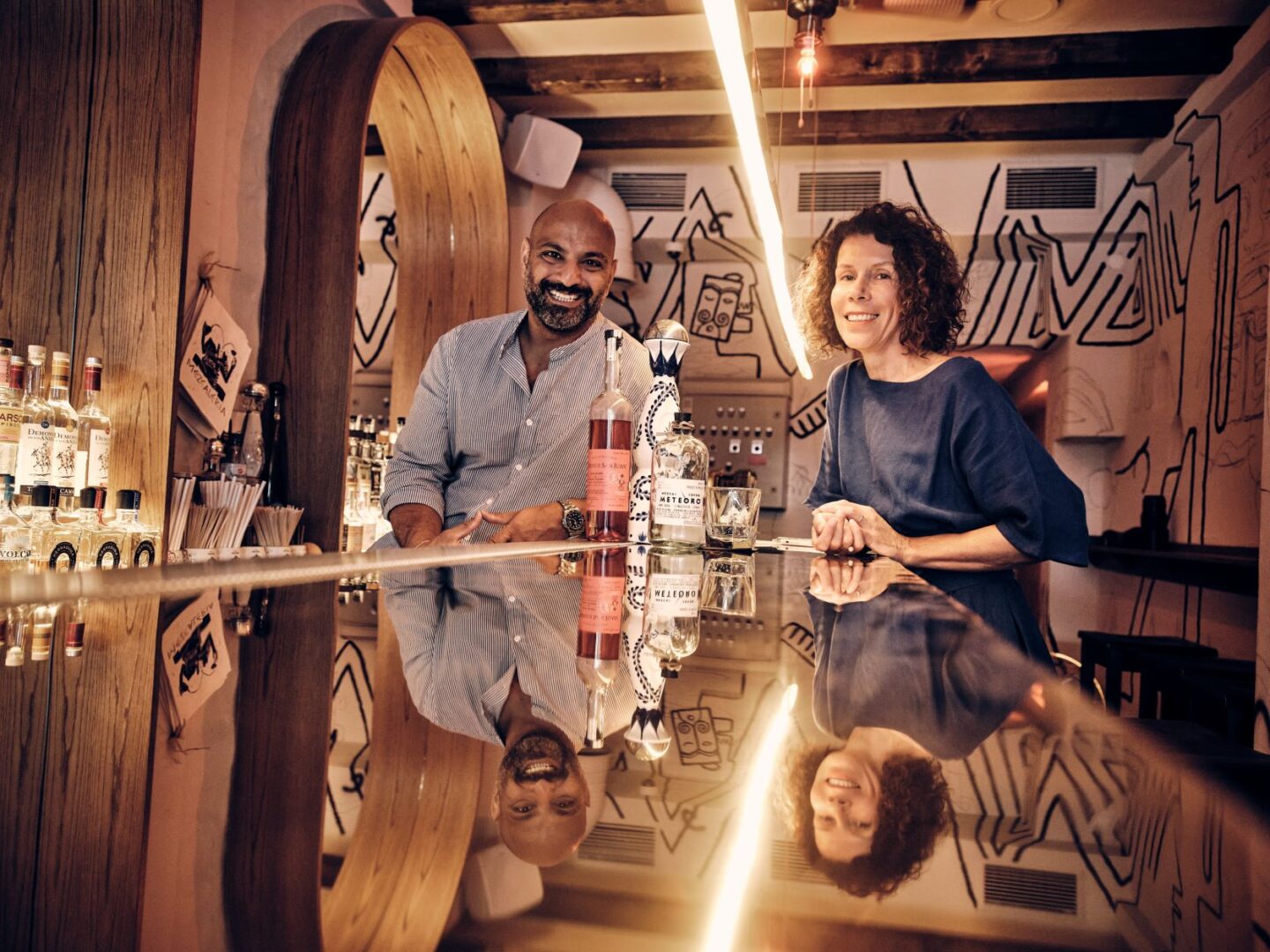
Who have you got in mind when you are fleshing out and fine-tuning these ideas?
I’m not really thinking of a particular demographic, but rather of a certain attitude to life. Our customers’ wishes are as varied as what the old town can offer them.
Five of your venues are near the Kunsthalle art gallery, with the Kunstsammlung and the Kunstakademie a short walk away. And the Schmela House with the Hans and Max Mayer galleries is also just around the corner. Does Düsseldorf’s prolific art scene influence your projects at all?
Yes, definitely. We work with local artists in almost all of our bars. The Sir Walter has photographs by Ralf Brueck, a student of Thomas Ruff, and there are three pictures by Markus Luigs in the Elephant Bar. Here in the Mezcaleria, Florentin Evest helped with the wall design. I would go so far as to say that I’m not only greatly influenced by art, but that it is an inseparable part of me that would be impossible to ignore. It would be unthinkable for me to create a venue that did not include art in some form.
What was the last exhibition you went to see? Which artist has made an impression on you?
The exhibition ‘From Kraftwerk to Techno – 100 Years of Electronic Music’ was an impressive illustration of how something that was once considered a rebellious subculture has now earned its place in a museum. I spent some considerable time looking at Andreas Gursky’s photographs. His work from the Mayday techno festivals never fails to fascinate me.
What is currently the favourite tipple in the old town?
Pisco is the rising star. Pisco sours are really taking off right now.
What essential ingredient should feature on every bar menu?
Water! (laughs)
What is your favourite drink at the moment?
I like to drink white wine or a rosé. A light, easy-drinking sauvignon blanc from New Zealand, for example.
Thank you very much for the interview! We are looking forward to visiting the new venue and to seeing you there.
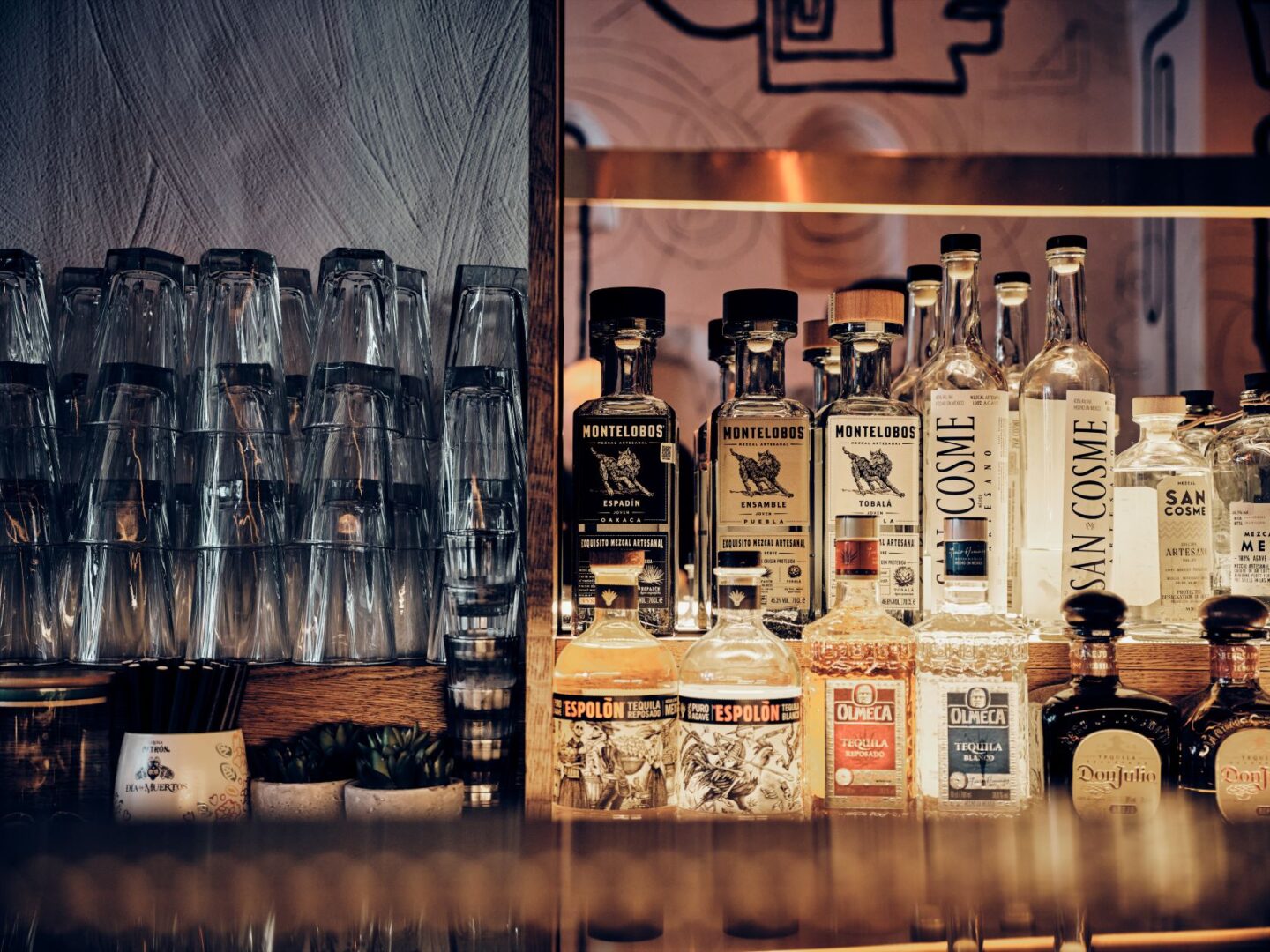
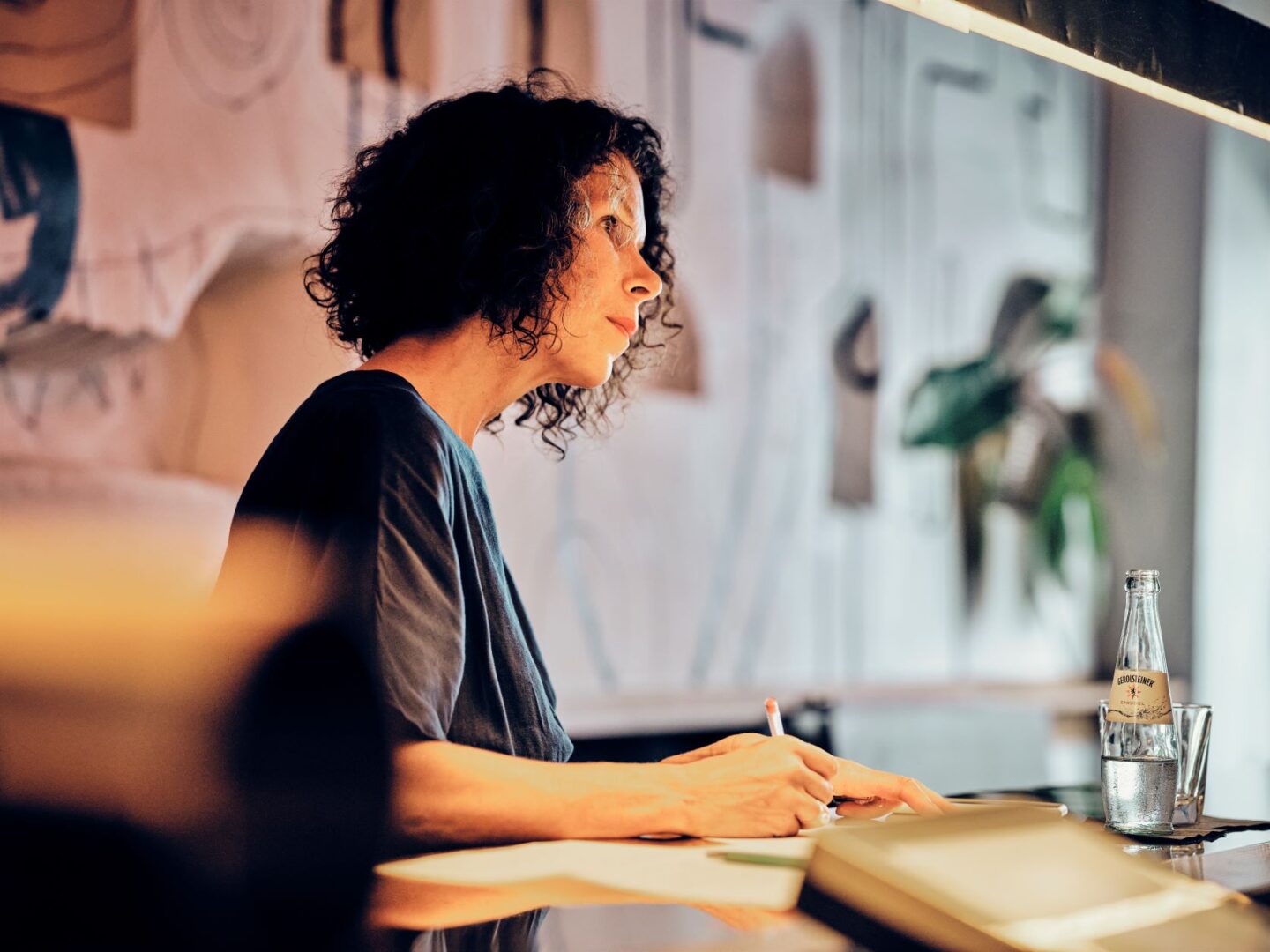
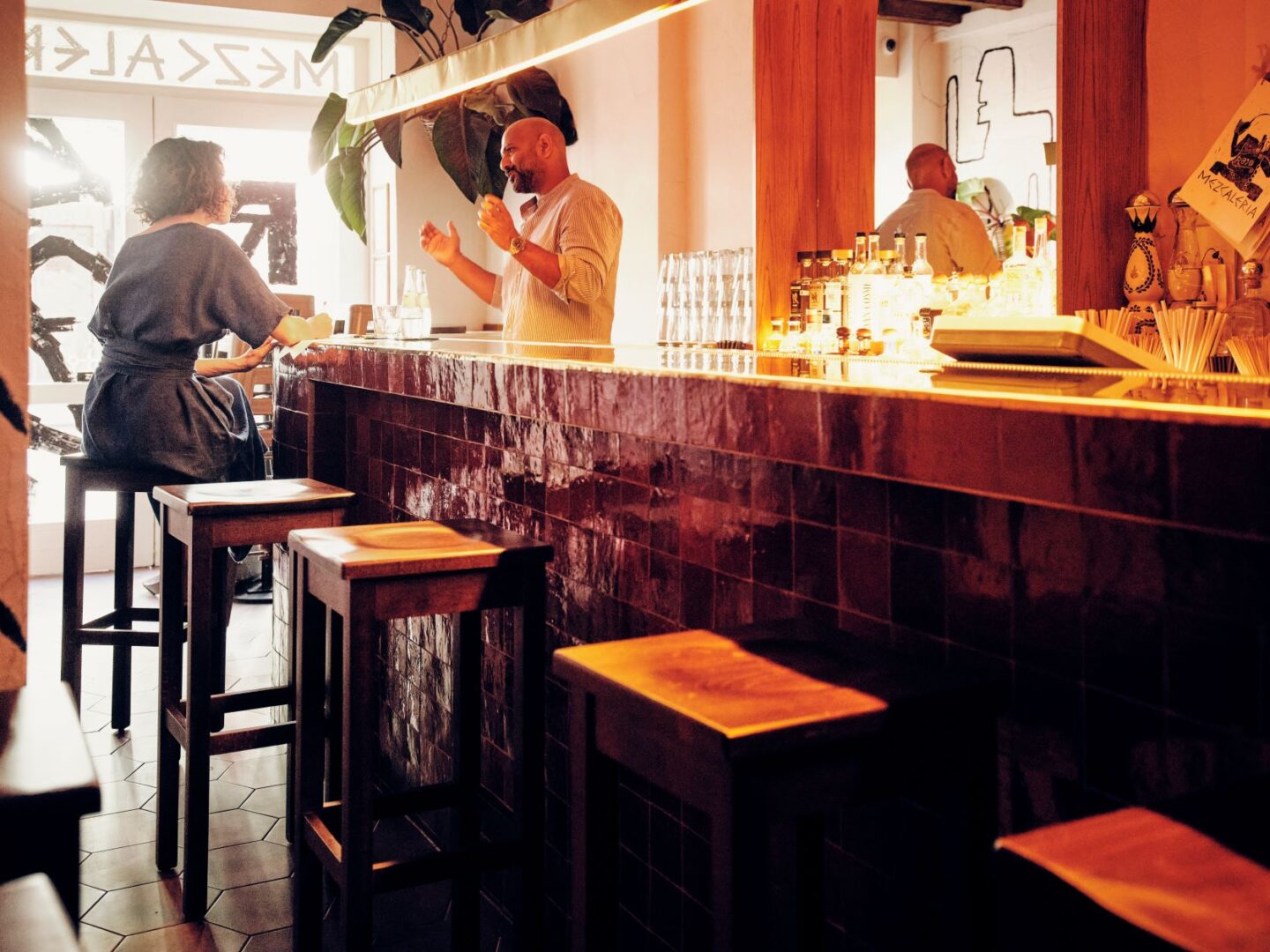
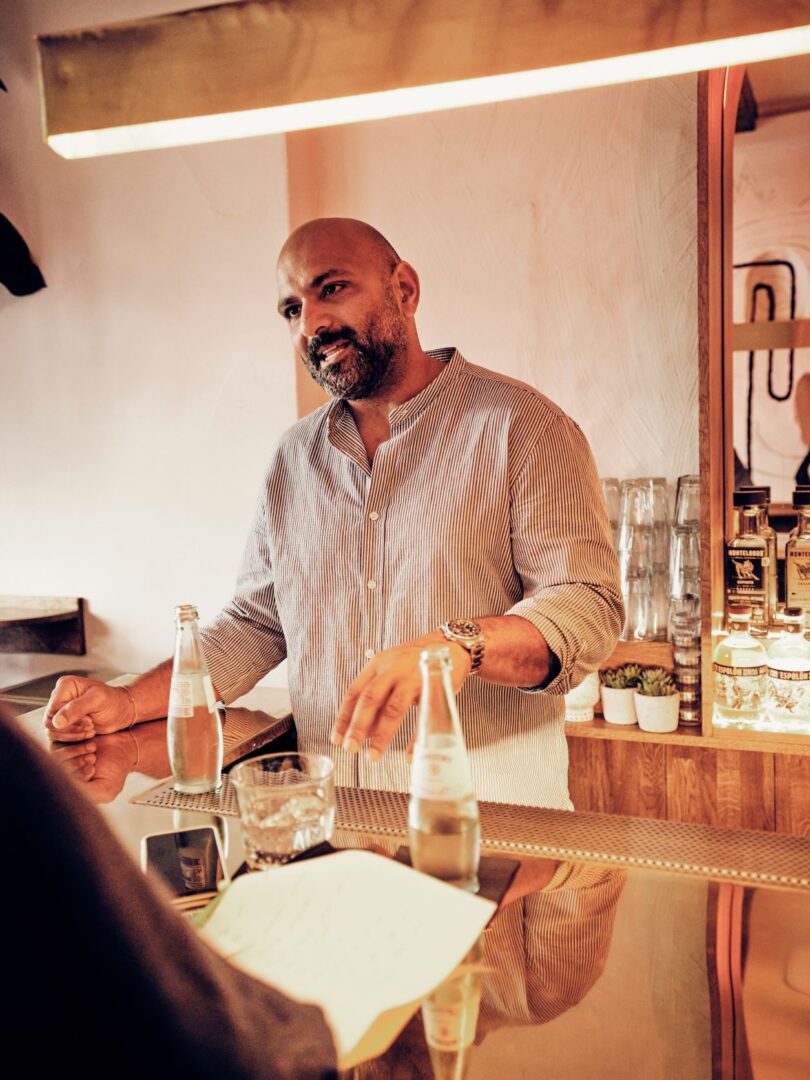
Images: Düsseldorf Tourism

